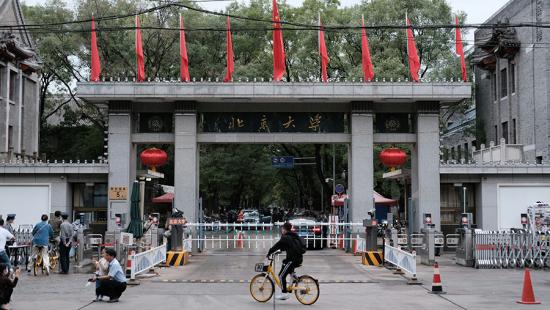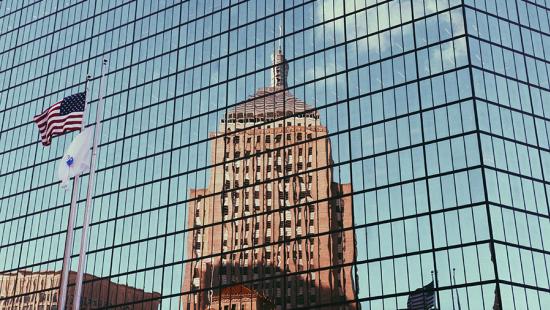Manal Aboelata: Changing the Landscape: People, Parks, and Power

image / provided
Bio:
Manal J. Aboelata is Deputy Executive Director at Prevention Institute, a national non-profit dedicated to advancing effective strategies to achieve health equity, prevent illness and injury, and ensure safe and healthy communities. An epidemiologist by training, Manal advocates for health equity and racial justice.
Manal Aboelata writes and speaks on many issues, especially those pertaining to health equity and the built environment. Manal has co-authored a chapter in the first and second editions of Making Healthy Places and written the foreword for a forthcoming book, Schools that Heal. In the form of original articles, op-eds, and policy briefs, she has written extensively on timely, relevant public health justice issues.
Manal has served on numerous health advisory boards, review panels, and expert councils. She is currently serving her third and final term as an appointee of Supervisory District 2 (South Los Angeles) to Los Angeles County's Community Prevention and Population Health Taskforce. Manal graduated from UCLA in 2001 with a Masters in Epidemiology and from UC Berkeley in 1998 with a Bachelor of Arts. Manal was inducted into UCLA Hall of Fame in 2009 and was a Stanton Fellow of the Durfee Foundation from 2017 to 2019.
Abstract:
Parks and green spaces are crucial for the health and wellbeing of communities—a fact made even clearer during the pandemic. But not all communities have access to these vital resources. Based on Prevention Institute's new report, Changing the Landscape: People, Parks, and Power, Deputy Executive Director Manal J. Aboelata, MPH will describe how lessons from past public health successes can be applied to efforts to usher in an era in which African American, Latino, and low-income urban communities are fair, just, and green.
Participants will learn how:
- Urban parks and green spaces protect public health, help mitigate the impacts of climate change, and promote environmental justice
- African Americans, Latinos, and people who live in low-income, urban neighborhoods have less access to parks and green spaces than people who live in more affluent or predominantly white communities
- To address green space inequities, we need to change the policies and systems that created such inequities
- Power drives policy and systems change. Investing in community power building is key to achieving green space equity
- Promising policies to advance park and green space equity are being adopted in jurisdictions across the U.S.
- Prevention Institute is collaborating with the Robert Wood Johnson Foundation to plan a new national funding initiative to advance park and green space equity







